
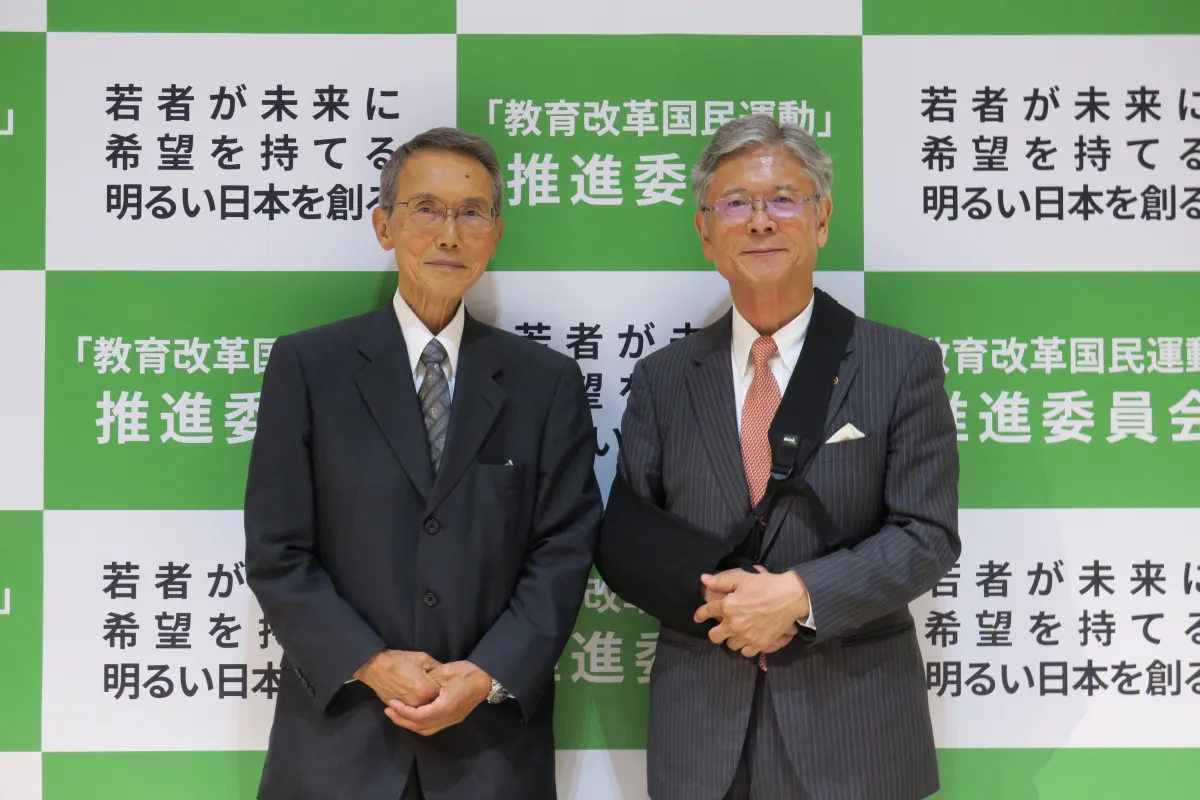
Kickoff Symposium of Education Reform Movement Aims for a Brighter Future
Redefining Education: A New Dawn for Japan
On May 12, 2025, the Education Reform National Movement hosted a symposium titled "Creating a Bright Japan Where Young People Can Have Hope for the Future" at Shibusawa Hall in Chiyoda, Tokyo. This significant event, led by the movement's secretariat head, Hideo Okubo, gathered approximately 200 participants, including educators and representatives from the business sector, to discuss the necessary changes in Japan's educational system in light of challenges posed by population decline and advancements in generative AI.
The symposium underscored a critical transition point for education reform in Japan, focusing on the need to evolve the traditional knowledge-oriented approach, which has been deemed inadequate for fostering creativity and human potential.
Key Perspectives on Education Reform
Hideo Okubo expressed a strong sense of urgency regarding the disconnect between Japan’s current education system and the realities of society and the economy. Despite maintaining high international academic standards during compulsory education, he highlighted the diminishing study time post-university entry, leading to a widening gap in critical skills such as creative thinking and emotional intelligence. Moreover, he pointed out that there is a lack of an environment conducive to developing uniquely human qualities—like creativity, hospitality, and management skills—that cannot be replicated by AI.
Okubo further raised alarms about the psychological pressures stemming from a meritocracy obsessed with test scores, which severely undermines students' self-esteem and inhibits their long-term well-being. He challenged the prevailing hierarchy based on test scores and questioned the validity of having students dedicate extensive time solely for exam preparations.
Recognizing these concerns, Okubo proposed the reform of university entrance exams as the pivotal starting point for reimagining education. He emphasized the importance of evaluating students through interviews, recognizing their future aspirations and motivations so that educational environments can be tailored to support individual growth and happiness. He believes this shift could positively influence educational practices from junior high through high school, promoting a broader cultural change in perceptions and values surrounding education.
The essence of the Education Reform National Movement, according to Okubo, lies not merely in requesting specific changes to policies but rather in prompting society at large to rethink how education should evolve, engaging every individual in the discourse of educational reform. He cited examples of previously overlooked issues—such as ESG and harassment—which have now become integral to societal norms. Similarly, he argued that a collective shift in consciousness regarding education could lead to significant transformation in society.
In closing, Okubo expressed hope that the symposium would serve as a catalyst for a shift in awareness, leading to practical actions on the ground and extending an invitation for media collaboration to help spread the message further.
Insights from Guest Speakers
During the keynote address, Akio Mimura, chairman of the Population Strategy Council, warned that Japan's most pressing structural challenge is population decline, which poses a severe threat to the nation's future. He projected that by 2100, the population could shrink to half its current figure, with a projected aging rate of 40%. He particularly stressed the alarming decrease in the younger female population, which endangers the viability of certain municipalities.
Mimura emphasized the necessity of public engagement in addressing these issues, calling for a movement to spur action from the political sphere. He voiced strong support for the Education Reform National Movement's goals, insisting on the improvement of fundamental literacy skills and education that nurtures resilience to be seen as critical societal responsibilities.
In the latter part of the keynote, Ken Sakamura, an emeritus professor at the University of Tokyo, highlighted the urgent need for the transformation of university education due to the rapid advancement of generative AI. He affirmed that while AI excels in knowledge reconstruction and problem-solving, human capacities such as value judgment and creativity remain irreplaceable. Sakamura stressed that developing abilities like problem-setting, critical thinking, and creativity in education is essential. He advocated for a holistic reform approach that encompasses entrance exams, curriculum, and graduation criteria, aligning with the Education Reform National Movement's goals of shifting away from a test score-centric educational model.
Looking Ahead
Moving forward, the Education Reform National Movement will continue to advocate for a shift in education that nurtures human capabilities and creativity, encouraging societal-wide changes in perspective. Through ongoing initiatives and suggestions designed to broaden support, they aim to inspire a reform that engages various sectors—educational, corporate, and community—promoting comprehensive reforms in the process.
The symposium represents a significant step in sparking a national conversation about educational transformation, as Japan navigates its future challenges and opportunities.
For more information about the Education Reform National Movement:
Official Website
Contact:
Email: info@kyouiku-kaikaku.jp
Phone: 070-5460-0888
Contributors: Hideo Okubo, Akio Mimura, Ken Sakamura
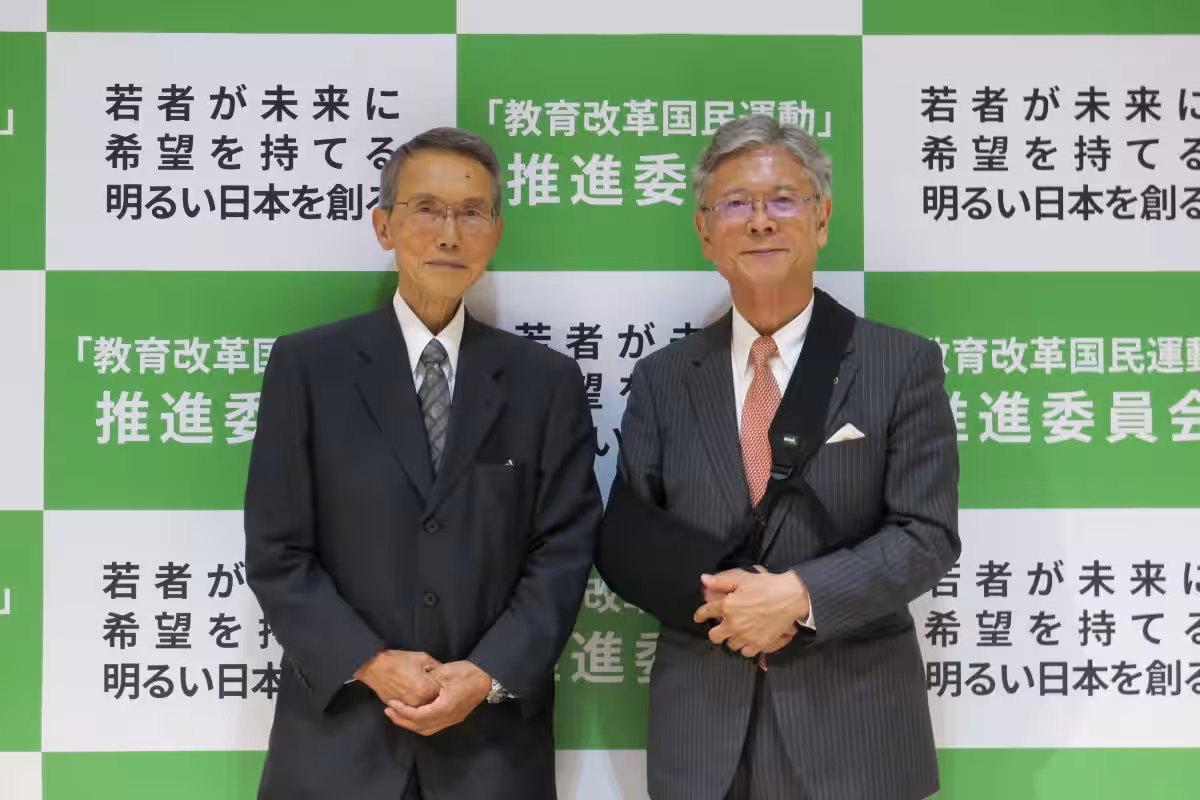
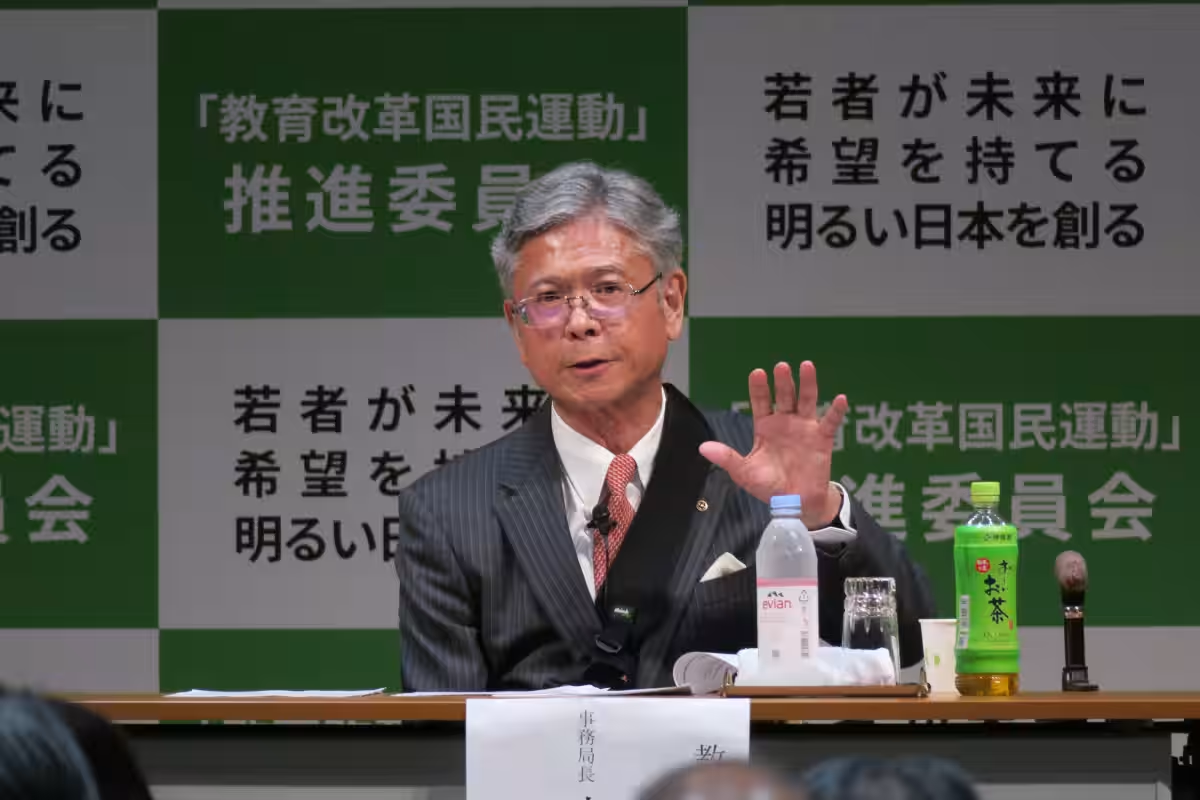
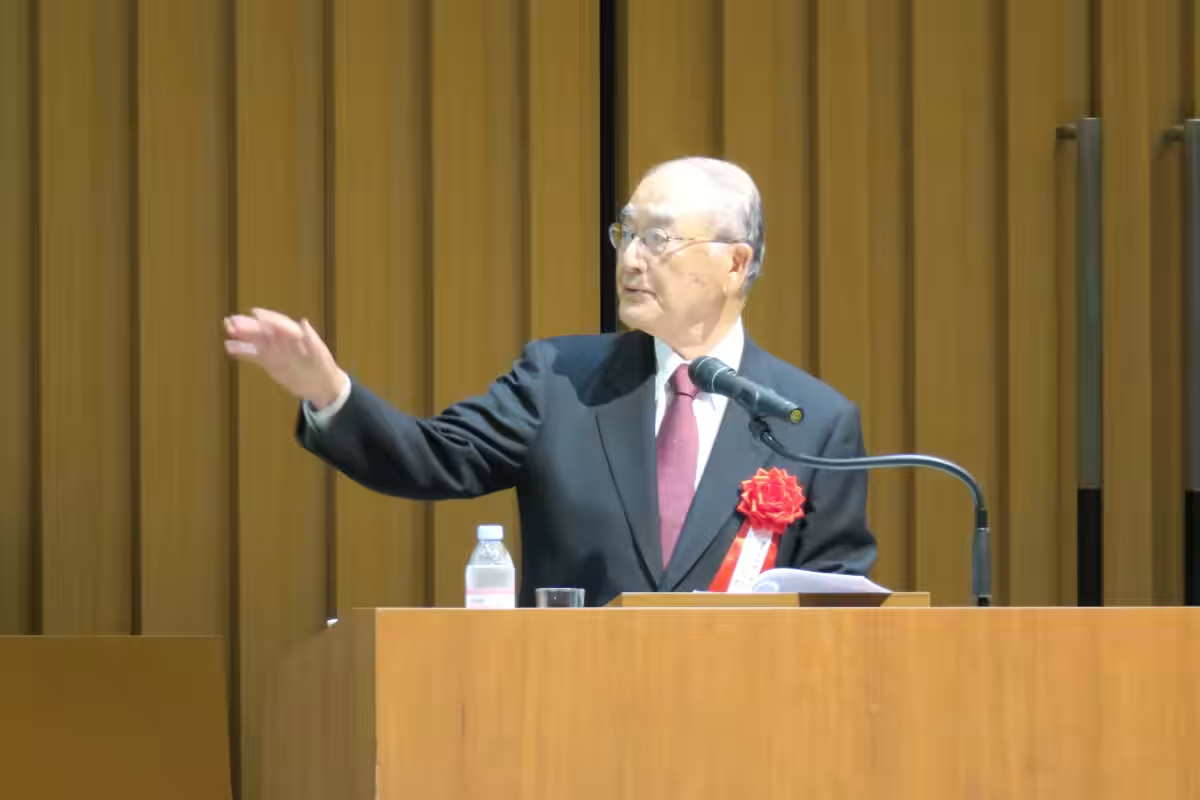
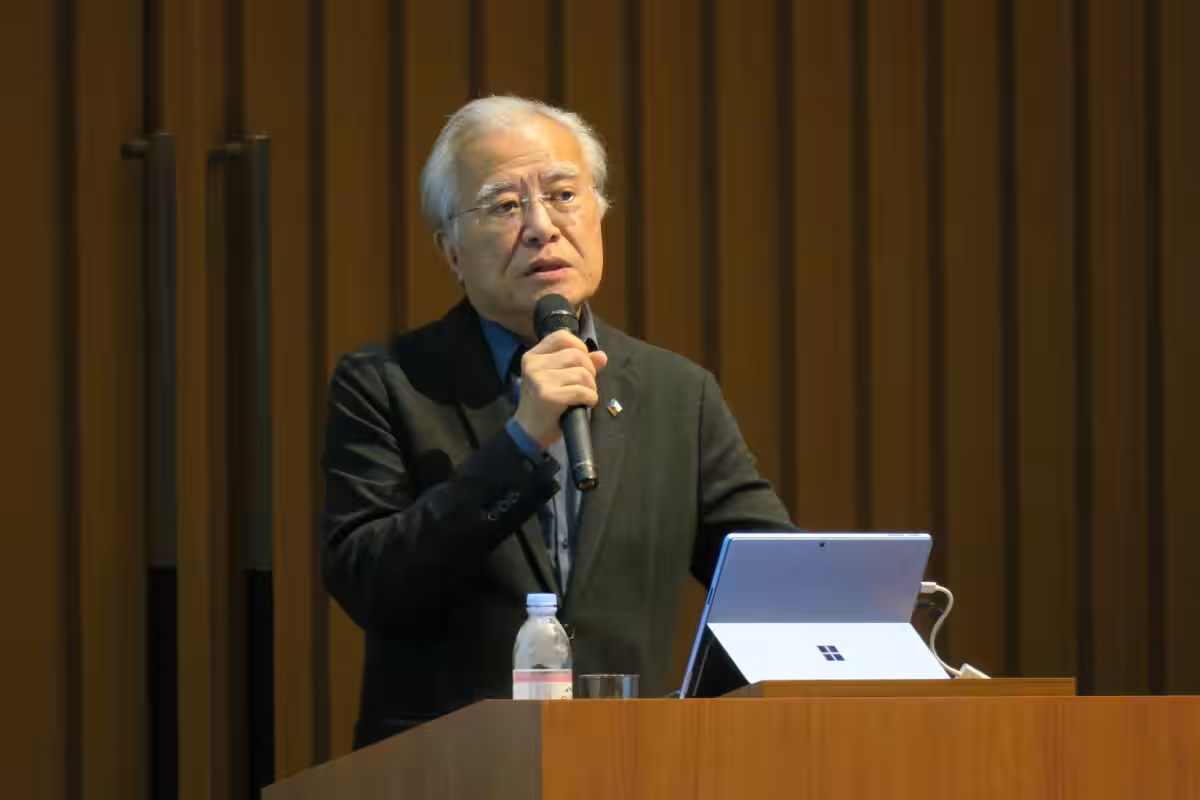
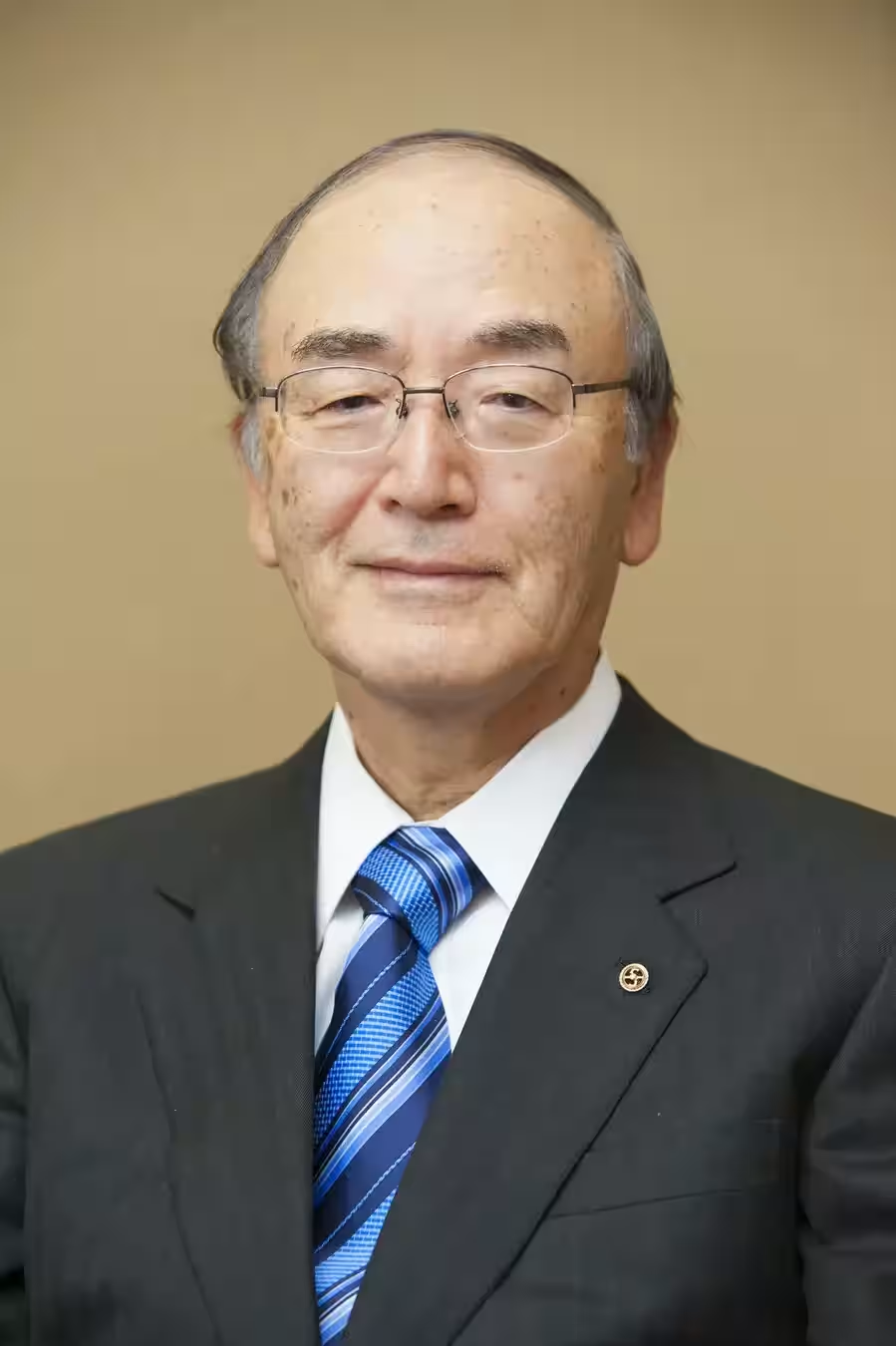
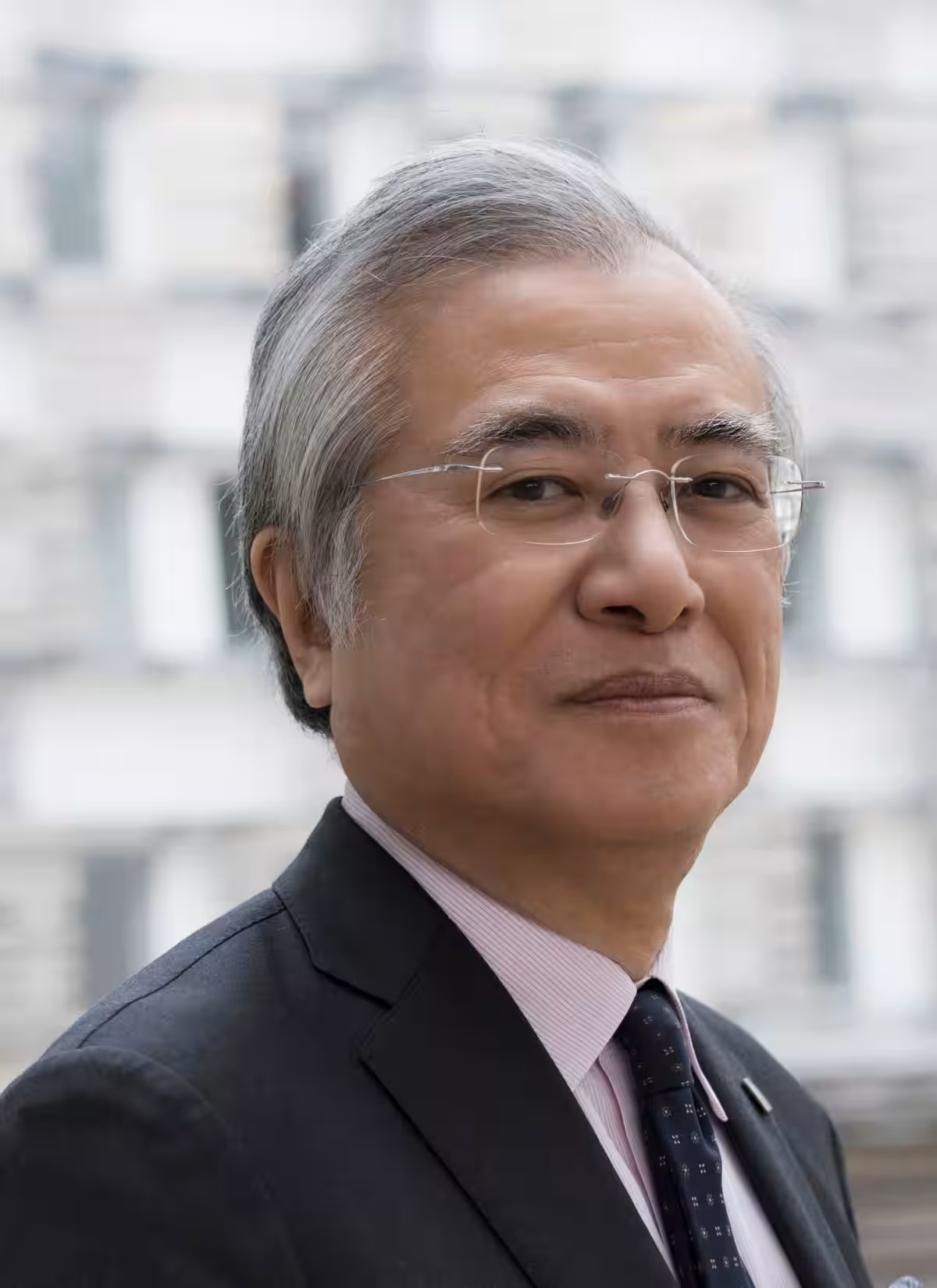
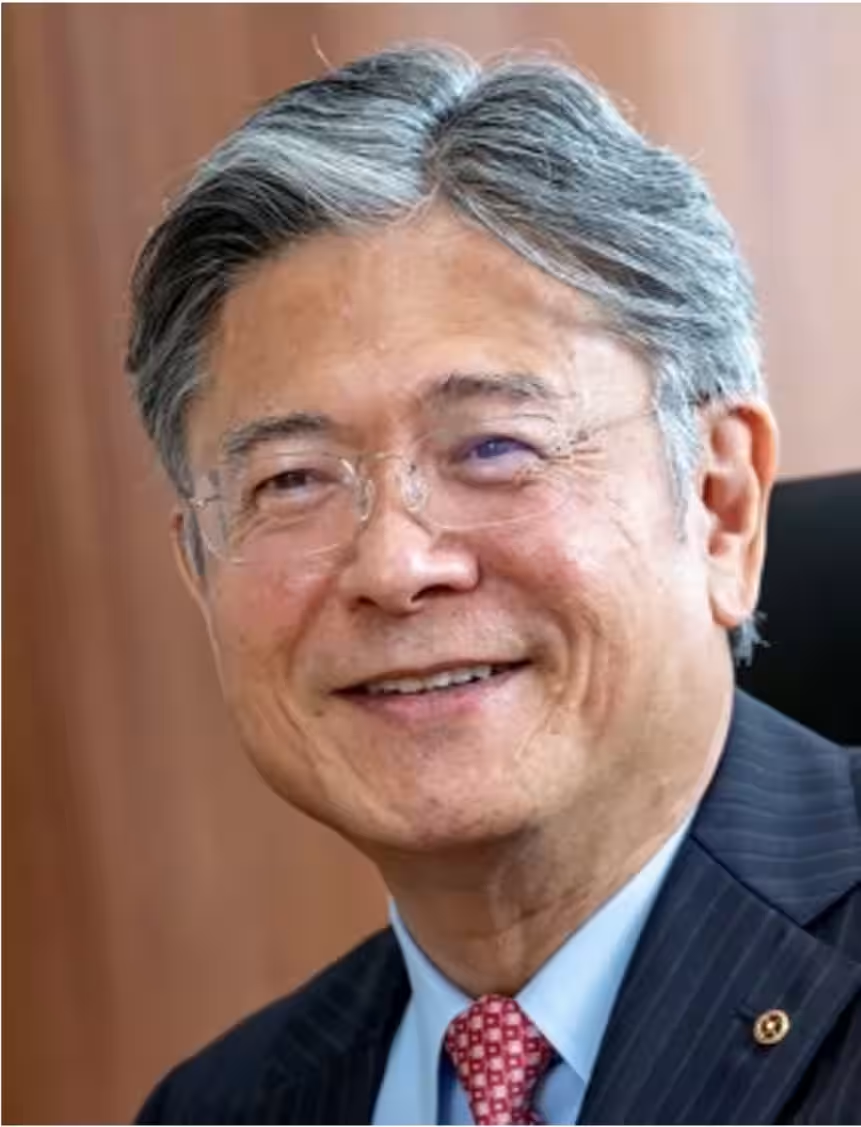
Topics Other)










【About Using Articles】
You can freely use the title and article content by linking to the page where the article is posted.
※ Images cannot be used.
【About Links】
Links are free to use.